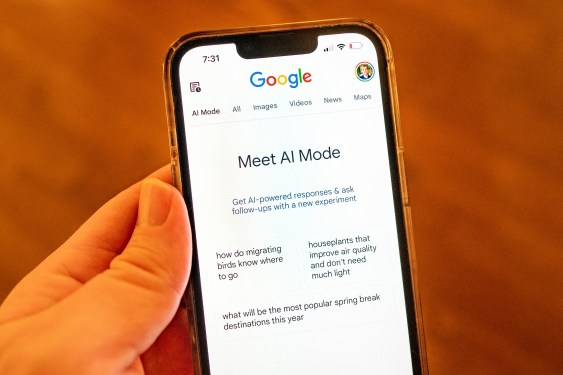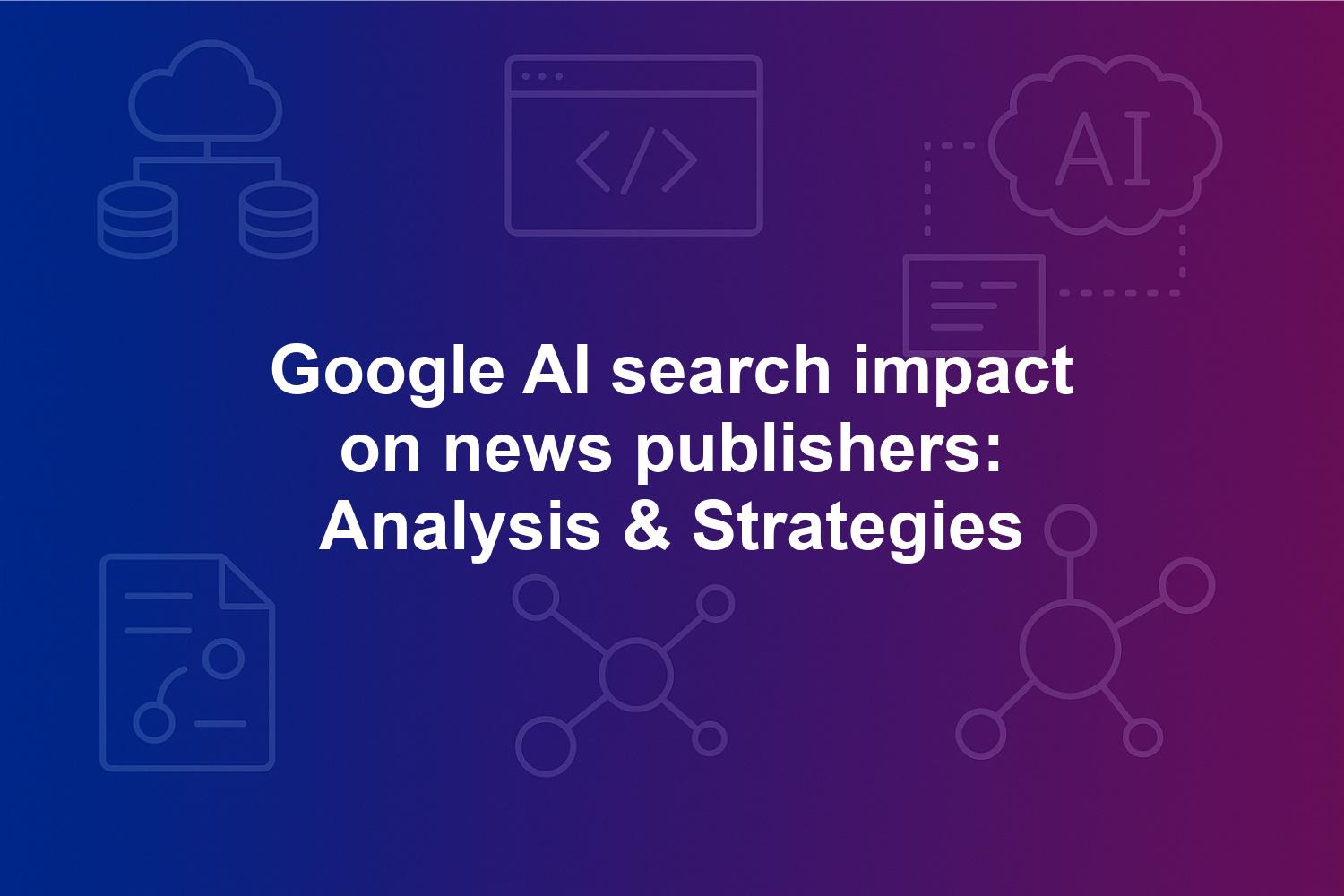AI Revolution: How Google’s Tools Threaten News Publishers’ Traffic

In an era where artificial intelligence (AI) plays an increasing role in information dissemination, news publishers are grappling with an alarming decline in web traffic. Google’s recent introduction of its AI Overviews has caused significant disruptions, leading to reduced engagement with traditional news outlets.
The impact of AI tools, including Google’s AI Overviews and other automated platforms, has fundamentally altered how audiences consume information. Instead of clicking through to online articles, users can now simply pose questions to chatbots, often leading to responses generated from content sourced without any notification to the original publishers. This shift not only threatens the visibility of news content but also jeopardizes the very sustainability of quality journalism.
Data reveals that major news organizations are feeling the consequences acutely. For example, The New York Times saw its referral traffic from organic search plummet from 44% to 36.5% over three years, signaling a significant decline in engagement with their digital content.

Despite Google’s claims that its AI features are enhancing search traffic overall, the reality for many publishers suggests a contrary narrative. They report dwindling site visits, which are crucial for maintaining competitive standards in journalism quality. Publishers, including prominent names like The Washington Post and The Atlantic, are recognizing the urgent need to reassess their revenue models. Many are exploring new partnerships with AI companies to create alternative income streams that could cushion the blow from these changes.
The New York Times, for instance, has recently entered into a licensing deal with tech giant Amazon, allowing the latter to use its editorial content to train AI platforms. Such collaborations signal a critical pivot for traditional publications striving to balance innovation with the preservation of journalistic integrity.
As the industry adapts, there are whispers of more significant transformations ahead, which will redefine the interplay between AI technologies and journalism. Ultimately, the future landscape will depend on how quickly and effectively publishers can navigate these challenges, ensuring that they remain relevant in a rapidly evolving digital ecosystem.
